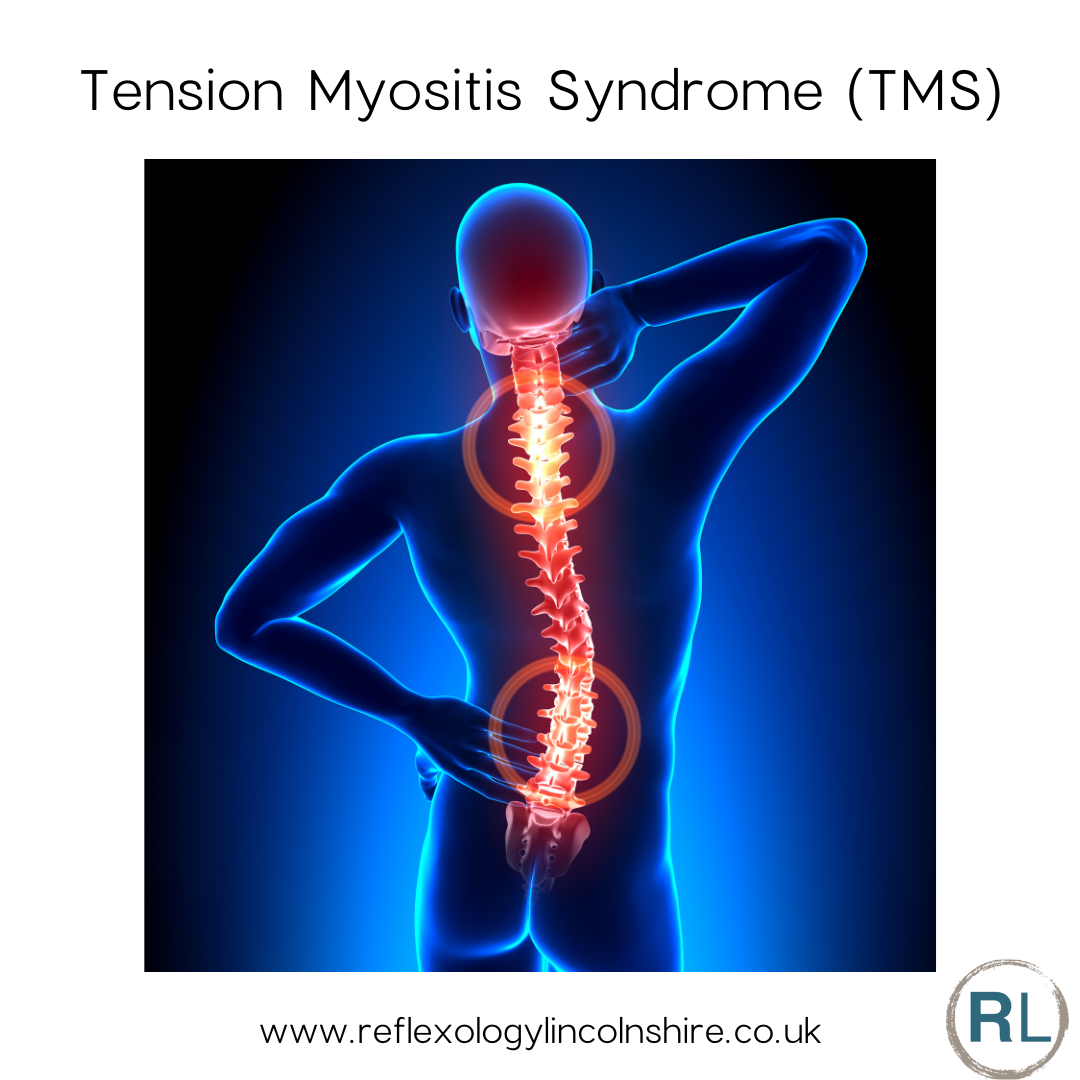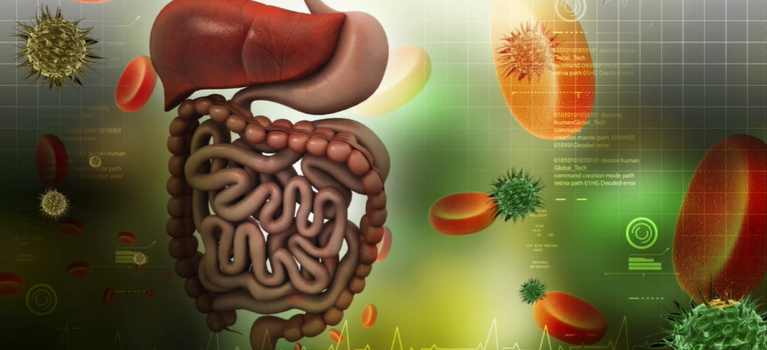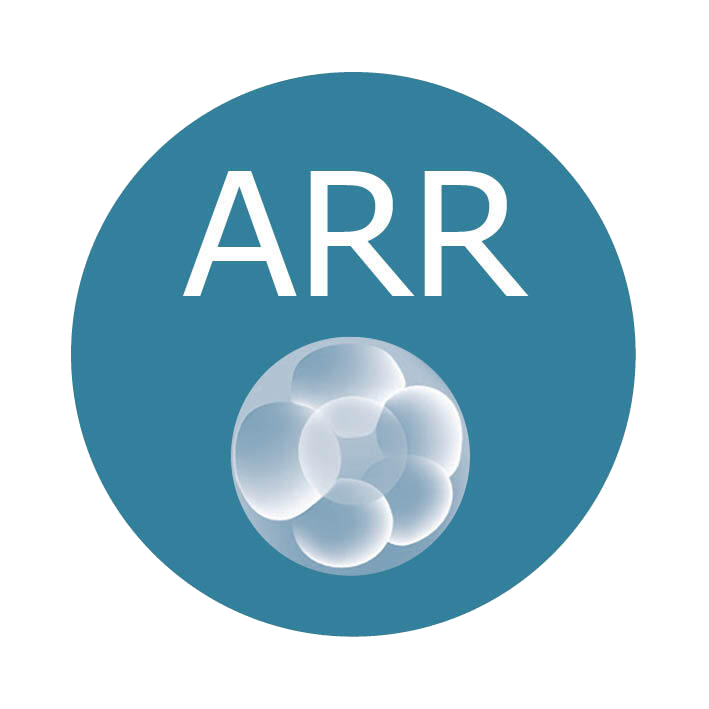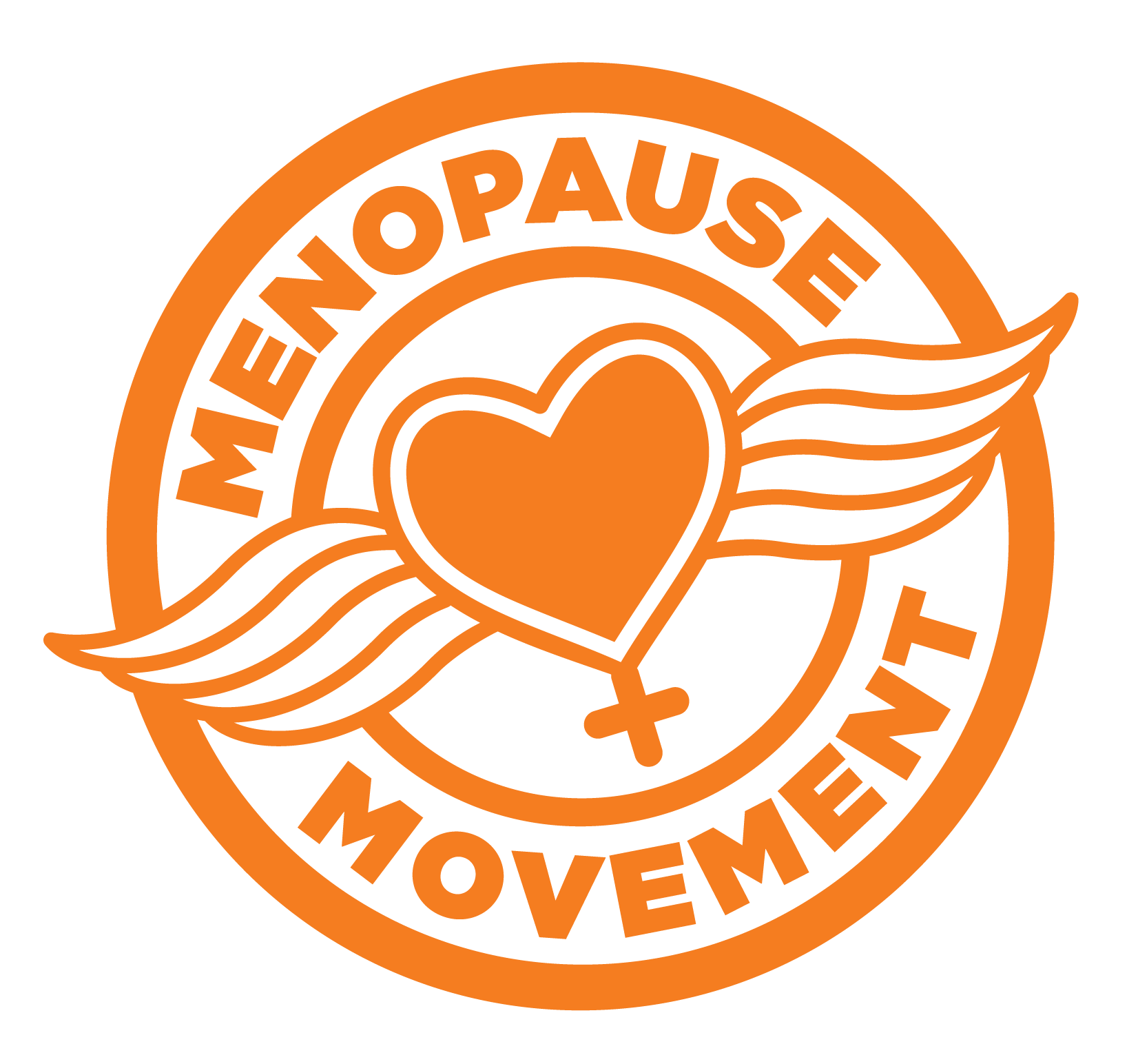Gynaecological Cancer
September is Gynaecological Cancer Awareness Month

Here at Reflexology Lincolnshire, we are constantly striving to bring you the latest techniques and treatment plans to benefit your health and wellbeing.
As well as being Vascular Disease Awareness Month, September is also Gynaecological Cancer Awareness Month.
Cancers
that start in the female reproductive system are called gynaecological cancers.
These cancer types can affect women, some transgender men and non-binary people
assigned female at birth. The five main types of gynaecologic cancer are: cervical,
ovarian, uterine, vaginal, and vulvar. (A sixth type of gynaecologic cancer is
the very rare fallopian tube cancer.)
Common Symptoms of Gynaecologic Cancers include:
• Abnormal vaginal bleeding or discharge is common for all gynaecologic cancers except vulvar cancer.
• Feeling full too quickly or difficulty eating, bloating, and abdominal or back pain are common for ovarian cancer.
• Pelvic pain or pressure is common for ovarian and uterine cancers.
• More frequent or urgent need to urinate and/or constipation are common for ovarian and vaginal cancers.
• Itching, burning, pain, or tenderness of the vulva, and changes in vulva colour or skin, such as a rash, sores, or warts, are found only in vulvar cancer
While reflexology cannot cure gynaecological cancer or any other medical condition, it may provide some benefits to cancer patients, including those with gynaecological cancer. However, it's important to note that reflexology should be used as a supportive therapy alongside conventional medical treatment, and you should consult with your healthcare team before starting any complementary therapy.
Here are some ways in which reflexology may help gynaecological cancer patients:
·Relaxation and stress reduction: Reflexology sessions can promote deep relaxation and help reduce stress and anxiety, which are common emotional challenges faced by cancer patients. It may induce a state of calm and improve overall well-being.
·Pain management: Reflexology may help alleviate pain and discomfort associated with cancer and its treatments. By stimulating certain reflex points, it may trigger the release of endorphins, which are natural pain-relieving substances produced by the body.
·Improved sleep: Cancer and its treatments can disrupt sleep patterns. Reflexology's relaxation benefits may help improve the quality of sleep, allowing patients to rest and recover more effectively.
·Enhanced circulation: Reflexology techniques aim to improve blood and lymphatic circulation. This can have a positive impact on overall health and may support the body's natural healing processes.
·Increased energy levels: Cancer treatments can often lead to fatigue and decreased energy levels. Reflexology may help to restore energy and vitality by promoting a sense of balance and revitalization.
·Emotional support: Gynaecological cancer can be emotionally challenging. Reflexology sessions provide an opportunity for patients to receive nurturing touch and emotional support from a trained practitioner, which can be comforting and empowering.
It's important to note that the evidence supporting reflexology's effectiveness in treating gynaecological cancer specifically is limited. Most of the available research focuses on its general benefits for cancer patients.
Reflexology should never be used as a substitute for medical treatment, but it may complement conventional care and contribute to an improved sense of well-being for gynaecological cancer patients.












